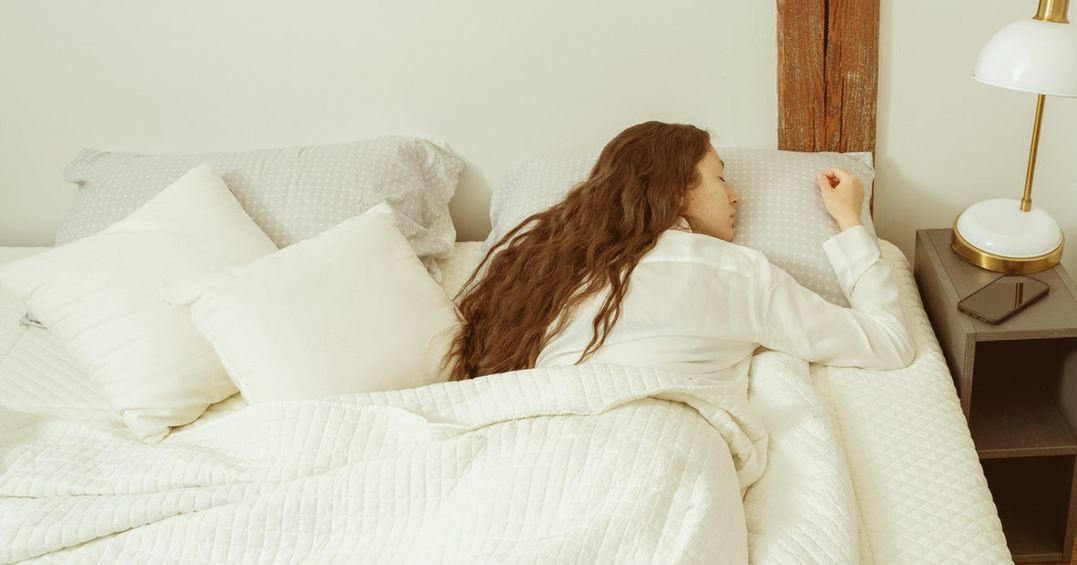You might be wondering whether napping can benefit your health. You may have heard that napping can help you relax. But did you know that naps also contribute to blood pressure reduction? Here are some tips to help you get the most out of your naps. Taking a nap is a good way to recharge your energy and keep your mind clear. You can also do relaxation exercises to relax before you sleep and wake up refreshed.
Taking A Power Nap
When should you take a power nap? It all depends on your circumstances. If you’re working a 9-to-5 schedule, you may find it most beneficial to take a nap during your “post-lunch slump,” which occurs between 12:30 and 2 p.m. Otherwise, you risk disrupting your circadian rhythms and reducing your quality of sleep at night. Those on a shift schedule may nap earlier or later depending on their work schedule.
Taking a power nap can boost your productivity, and a 20-minute nap can leave you feeling rested and rejuvenated. The goal is to fall asleep quickly and wake to feel refreshed, with no interruptions. The best naps last between 20 and 30 minutes. While a 20-minute power nap can be beneficial, a longer 90-minute nap is ideal for the most health benefits. Sleep nap meaning is often associated with a short nap period lasting between 10-30 mins
Shorter Naps Improve Alertness
A recent study found that people who take naps make fewer errors, have faster reaction times, and are more attentive to details. Shorter naps improve alertness. Studies are beginning to unravel the role of naps and the link between daytime and nighttime naps. This short nap is not just a good way to relax and improve alertness. It can also boost memory.
While a longer nap is a good idea when you’re sick, it’s important to keep it short. Shorter naps improve alertness, while longer ones make you feel drowsy. It’s a good idea to schedule your naps around a lunchtime break. In addition to boosting your alertness, a nap is good for motor skills and memory. However, don’t nap more than 20 minutes during the day. This is because the longer naps may interfere with your nighttime sleep.
In addition to improving alertness, catnaps have other benefits. One study suggests that taking a cat nap can help you remember things more quickly. A recent study found that volunteers who took naps were better at identifying meaningless word pairs. The researchers tested the participants’ memory recall after a nap while others watched a DVD. After napping, they retested their recall. For those who have difficulty remembering a list, a short cat nap can improve their alertness.
Longer naps are better for memory and motor skills. However, short naps that last between 20 and 30 minutes are not as beneficial. Those who take shorter naps are more likely to experience the benefits of a nap right away when they wake up. The longer naps, however, can lead to sleep inertia, which is the state where the body feels that it needs more time to recover from a nap.
Power Naps Help Reduce Blood Pressure
A recent study found that naps are associated with a drop in blood pressure of between five and seven millimeters of mercury (mmHg). This is a modest amount, but even a minuscule reduction could have a profound effect on health. One study even concluded that a drop in blood pressure of as little as two mmHg could significantly reduce the risk of cardiovascular events by up to 10 percent. The researchers examined data from 212 healthy adults, with an average age of 62 and a percentage of Type 2 diabetes. They also measured their blood pressure during the day and at night, and their lifestyle habits, including smoking and alcohol consumption.
There are a variety of health benefits to taking midday naps, including reducing blood pressure and lowering stress. The benefits of midday naps vary according to the duration of the nap, from twenty minutes to up to 90 minutes. A 20-minute nap improves alertness, problem-solving, and decision-making, while a longer nap can leave one groggy. But, whatever the duration of your nap, you’ll be feeling more refreshed in the long run.
Taking A Mid-Afternoon Nap
While we tend to fall asleep faster in the afternoon, naps do not necessarily have to be taken at lunchtime. Scientists have found that humans have a natural slump around two to three p.m. that makes afternoon naps more effective for restoring alertness. In fact, a NASA study found that napping improved performance by as much as 34 percent, with people waking up more alert.
Daytime naps can help improve memory, alertness, logical reasoning, and creative problem-solving. In fact, they can even help improve your work performance. However, the importance of taking a nap is not lost on those who do shift work or other irregular hours. While napping can improve cognitive performance, it is not for everyone. A mid-afternoon nap should not be taken if you are suffering from sleep disorders, and you should not try to nap when you are already tired or have difficulty sleeping at night.
Drawbacks Of Nap
Longer Naps Interfere With Memory Consolidation
Sleep is crucial for a range of cognitive functions, including memory consolidation. Longer naps may be better for memory consolidation than short ones, as they may increase the amount of time your brain is awake during the ensuing wake promotion phase. In addition, these naps may be beneficial for retaining tagged information. This study will help researchers understand the role of naps in memory consolidation and whether they can improve memory performance.
Studies using electroencephalography have suggested that nap duration affects cognitive functioning, particularly post-nap. Research on nap length has shown that non-nappers wake up groggy and lack benefits from naps. The results of the study suggest that nap duration correlates with the level of power in slow frequency bands, which are known to be important for perceptual learning. This suggests that a longer nap may improve spindle-related performance, but it is important to note that studies using REM sleep are needed to confirm the effect of REM on memory consolidation.
Though naps don’t always take place in luxurious bedrooms we always dream of owning luxurious bedrooms. Though these bedrooms might come at a much high overhead expense there are various simple tricks that can let you have the bedroom of your dreams without much of these overhead expenses.
Length Of A Nap
The ideal nap length depends on your goals and your sleep ability. This buffer time allows you to fall asleep without interfering with your sleep schedule at night. However, it is important to know that if you take a nap later in the day, you will have a difficult time waking up in the morning, thus negating the benefits of napping. Thus, it is best to nap during your afternoon dip to get the maximum benefit.
A nap lasting between 20 and 90 minutes is ideal. A nap lasting over 60 minutes may not have many health benefits but is best for recharging your batteries. A nap of this length may improve your memory and help you recover from your exhaustion. Taking a nap of this length during the day can help you maintain a healthy weight and be more energetic the next day. However, a nap that lasts more than 90 minutes may cause your body to feel groggy and unproductive at work.
Conclusion
Sleeping has many benefits for the body and brain. Studies have shown that naps are a viable way to pay off sleep debt. People who are not able to get enough sleep can feel lousy and have difficulty focusing, and their heart rate can rise. However, there are many reasons to consider taking naps and making the most of them. It’s an important step to take towards being smarter, healthier, and safer.





